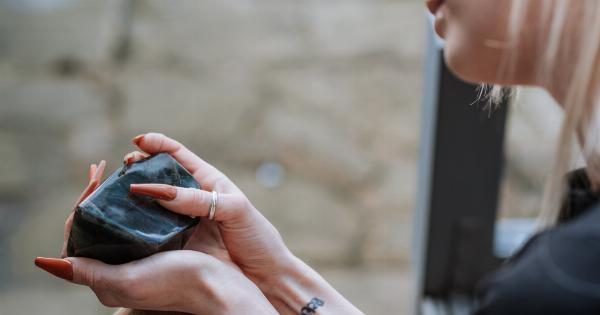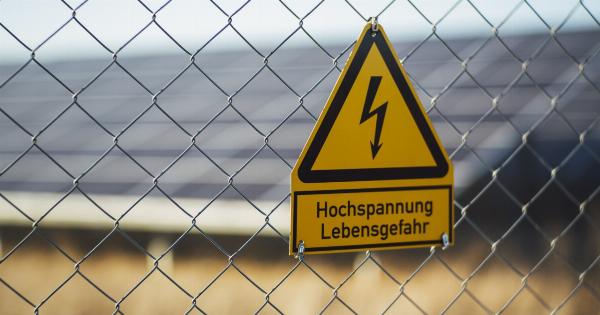Henna is a natural dye made from the leaves of the henna plant. It has been used for centuries to dye hair, skin, and nails. However, not all henna products are created equal. Some henna products can be harmful to your health.
In this article, we will discuss which types of henna to avoid.
1. Black Henna
Black henna is not actually made from henna at all. It is made from a chemical called para-phenylenediamine (PPD). PPD is a black dye that is commonly used in hair dye. Black henna is often used to create temporary tattoos.
However, black henna can cause severe skin reactions. These reactions can include blisters, scarring, and permanent skin damage.
2. Colored Henna
Colored henna is henna that has been mixed with other dyes to create different colors. These dyes can include PPD, which is found in black henna. Colored henna can cause the same severe skin reactions as black henna.
3. “Natural” Henna with Added Chemicals
Some “natural” henna products have added chemicals. These chemicals can include PPD, as well as other chemicals that can be harmful to your health. Always read the ingredient list before using a henna product.
4. Henna with Metallic Salts
Henna that contains metallic salts can be harmful to your health. Metallic salts can react with other chemicals and cause skin reactions. They can also cause hair to become brittle and break. Always check the ingredient list for metallic salts.
5. Henna with Unknown Ingredients
Some henna products do not list all of their ingredients. This can be dangerous because you do not know what you are putting on your skin. Always choose henna products that list all ingredients.
6. Henna for Hair with Added Chemicals
Henna is often used to dye hair. However, some henna products designed for hair can contain added chemicals that can be harmful to your health. Always read the ingredient list before using a henna product for hair.
7. Pre-Made Henna Cones
Pre-made henna cones can be convenient, but they can also be dangerous. These cones often contain unknown ingredients, including PPD and metallic salts. Always make your own henna paste using pure henna powder and natural ingredients.
8. Henna Mixed with Hair Dye
Some people mix henna with hair dye to create different colors. This can be dangerous because the hair dye can contain chemicals that can cause skin reactions. Always use pure henna powder when creating henna paste.
9. Non-Organic Henna
Non-organic henna can be contaminated with pesticides and other harmful chemicals. Always choose organic henna to ensure that you are using a safe product.
10. Old or Expired Henna
Old or expired henna can lose its potency and can be contaminated with bacteria. Always use fresh henna powder and check the expiration date before using a henna product.
Conclusion
Not all henna products are created equal. Some henna products can be harmful to your health. Always choose pure henna powder and natural ingredients to create your own henna paste.
Avoid black henna, colored henna, henna with added chemicals, henna with metallic salts, henna with unknown ingredients, pre-made henna cones, henna mixed with hair dye, non-organic henna, and old or expired henna. By following these guidelines, you can ensure that you are using a safe and natural product.






























